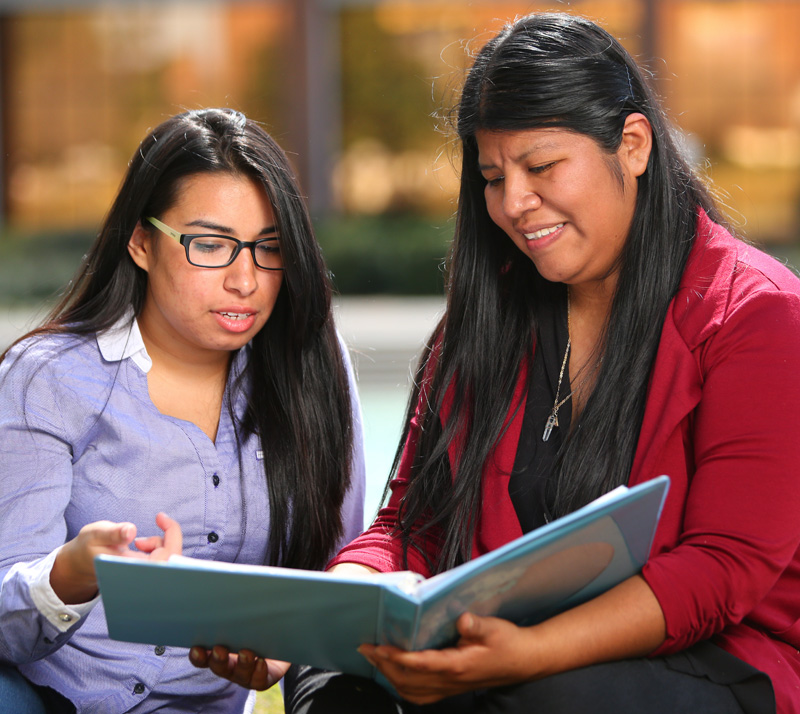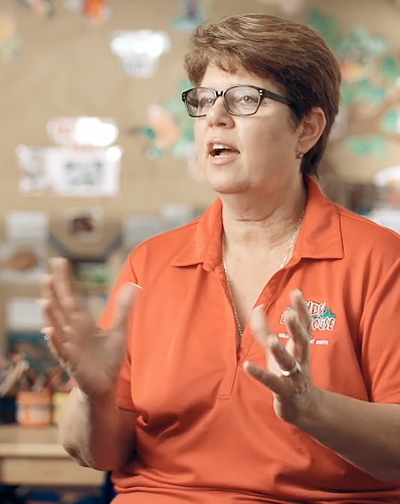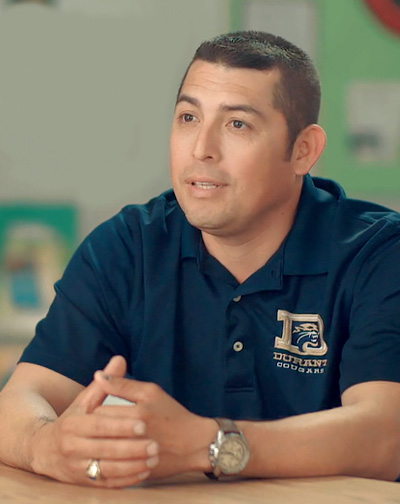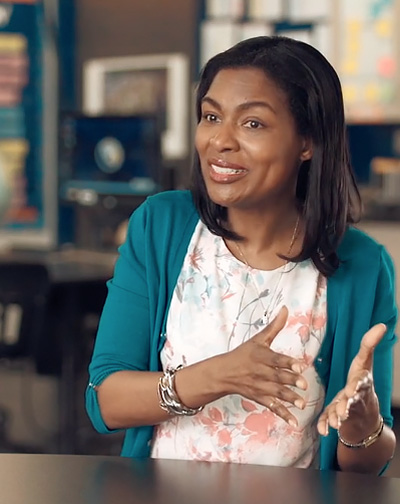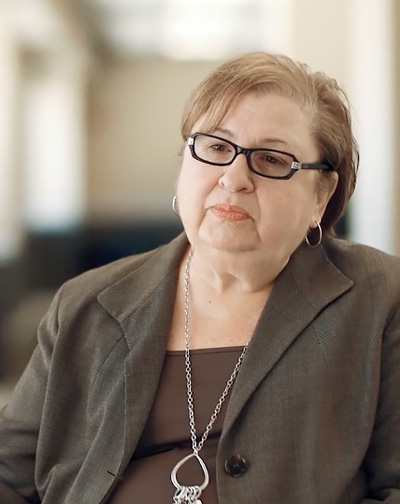Our Impact
The Foundation measures its impact within the Florida Regional Student Success Initiative using both short- and long-term indicators, such as the National Assessment of Educational Progress (NAEP), the U.S. Census Bureau’s American Community Survey, and the American College Testing (ACT) College Readiness in Reading and Mathematics scores. Our success will be measured by our ability to use our four key strategies to shrink the persistent academic achievement gaps between first-generation, low-income, and minority students and their more affluent and White peers across the education continuum. Our goals are to increase the number of first-generation, low-income, and minority students in Florida completing two- and four-year degrees and entering the workforce with the skills necessary to obtain high-demand, high-paying jobs to stimulate and grow the state’s economy and meet the state’s workforce talent demands.
Internal and external expertise, best practices, practical experience, research, and evaluation all inform the Foundation’s work. To achieve the greatest impact, we work collaboratively with local and national partners, including public and private institutions, businesses, nonprofits, and other foundations to increase opportunities for every individual to achieve a postsecondary education.

